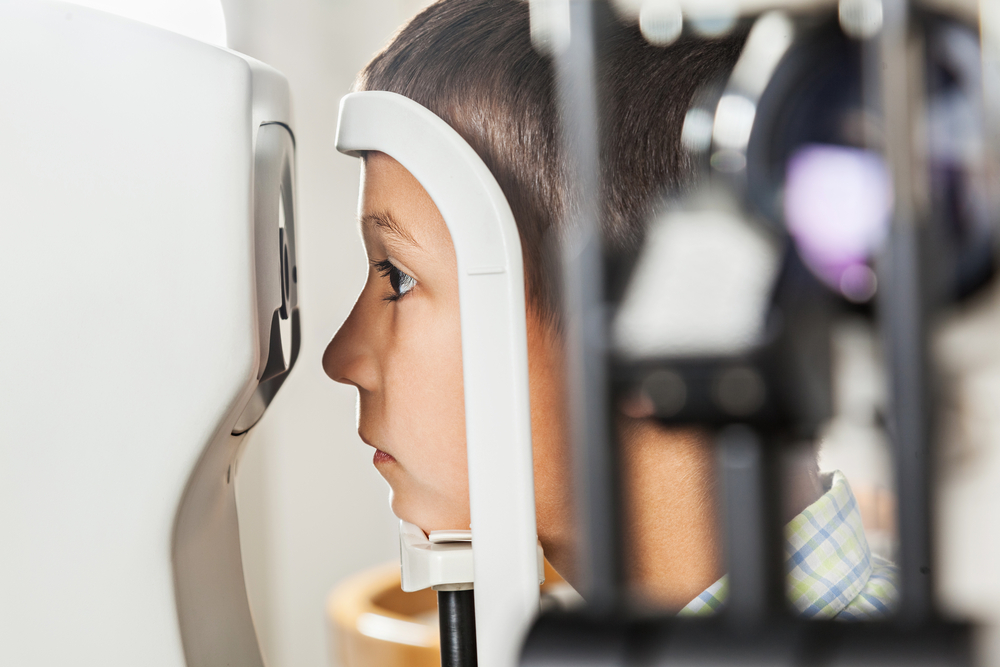Visual Field Testing for Children: Why It’s Important for Neurological Health
Blog:Visual Field Testing for Children: Why It’s Important for Neurological Health

Visual Field Testing for Children: Why It’s Important for Neurological Health
Children's vision plays a crucial role in their overall development and ability to thrive. While parents often schedule routine eye exams to check for common refractive errors like nearsightedness or farsightedness, specialized tests like visual field testing are equally important. This advanced screening evaluates the full scope of a child's vision, including their peripheral vision, and can help detect neurological or systemic conditions that might otherwise go unnoticed.
What Is Visual Field Testing?
Visual field testing assesses the entire area a child can see without moving their eyes. This includes both central and peripheral (side) vision. The test helps optometrists determine if there are blind spots or other vision abnormalities that may signal underlying health issues.
For children, visual field testing is a non-invasive and child-friendly procedure that involves focusing on a central target while identifying peripheral stimuli. The results provide vital insights into how well the brain and eyes are working together.
Why Is Visual Field Testing Important for Neurological Health?
A child’s visual system is closely tied to their neurological health. The brain processes nearly 80% of the sensory input received from the eyes, making visual field testing a key tool for detecting potential neurological concerns.
Here are some ways this testing can support neurological health:
• Detecting Vision Loss from Neurological Issues: Conditions like optic nerve damage, brain tumors, or neurological disorders can manifest as vision loss in specific areas of the visual field. Early detection through testing allows for timely intervention and treatment.
• Monitoring Neurological Development: Visual field testing can identify developmental delays or abnormalities in the visual pathways of the brain, helping to monitor a child’s neurological growth.
When Should Children Have a Visual Field Test?
Your optometrist may recommend visual field testing if your child experiences any of the following:
• Unexplained headaches or migraines
• Difficulty with peripheral vision
• Neurological symptoms like dizziness, poor balance, or seizures
• A history of head trauma
• Diagnosed systemic or neurological conditions
Partnering with Texas State Optical for Your Child’s Eye Health
Visual field testing is more than just a tool for assessing vision—it’s a window into your child’s neurological health. By identifying potential issues early, this test can play a pivotal role in diagnosing and managing conditions that could impact your child’s development and overall well-being.
Schedule an eye exam with Texas State Optical and let us help you ensure your child’s eyes are functioning at their best. Visit our office in Austin, Texas, or call (512) 233-6242 to book an appointment today.


